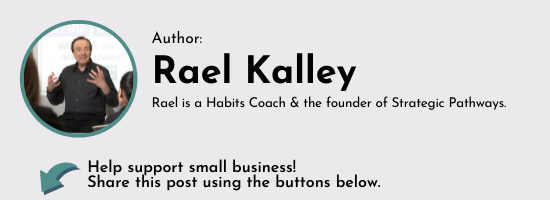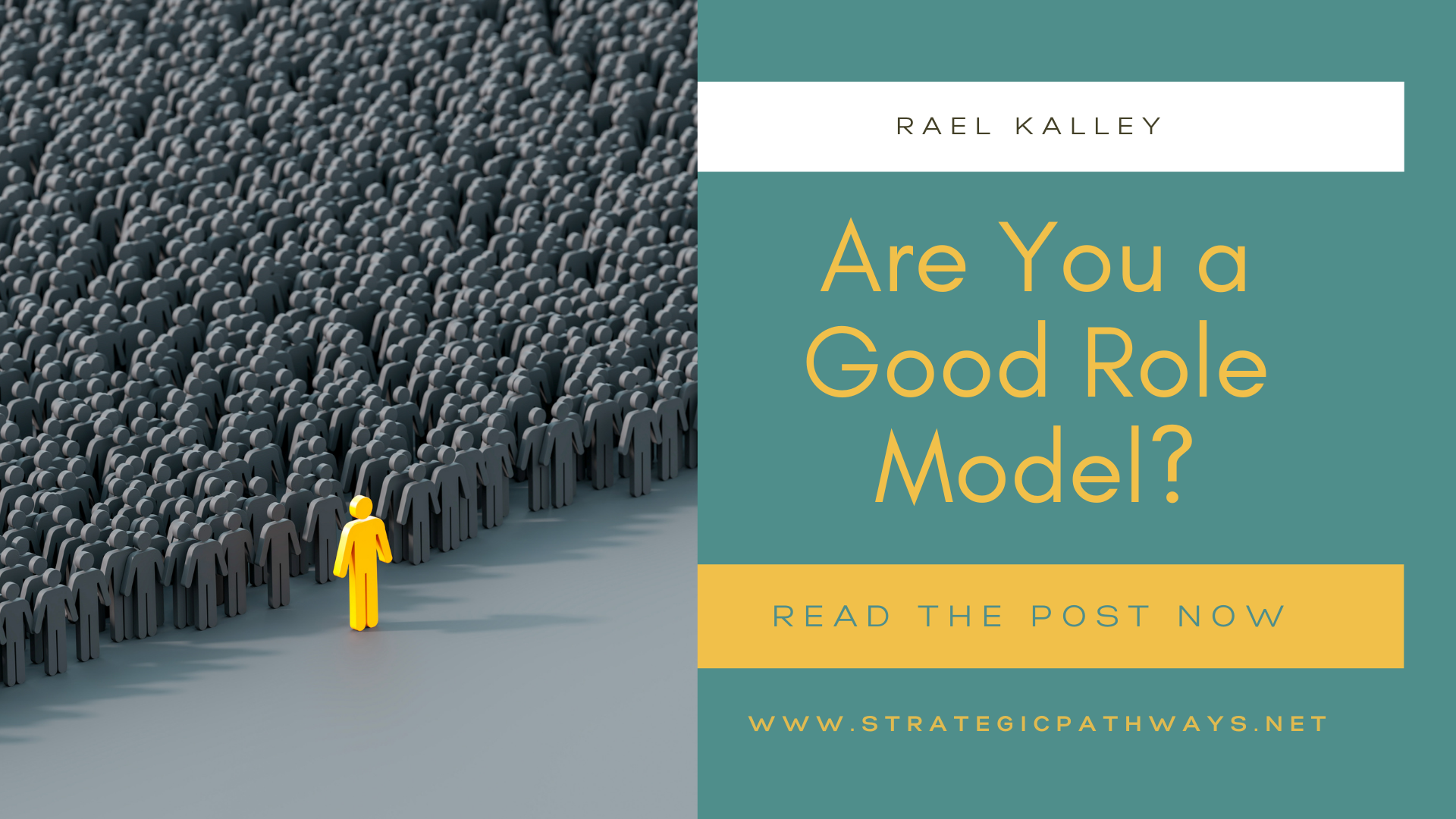Our examples of good role models are often elite athletes, celebrities, or business and political leaders. Sometimes we forget our earliest role models. We know our early lives are shaped by those with whom we spend the most time. Typically, this falls on our parents or whoever raised us. We tend to adopt their values and beliefs and emulate their actions and behaviours.
We even use mannerisms and facial expressions we have modelled from our parents with absolute perfection. I have an older sister and brother, and each time I see their expressions, I vividly recall those same expressions flashing across my mother’s face. I’m sure my siblings have noticed similar behaviours on my part too.
Everyone is a Role Model
I wonder how many of us realize that each person with whom we interact, regardless of the reason for our interaction, plays a pivotal role in our ongoing, lifelong education. Each person is a teacher.
(Click to Tweet)
The most repeated quotation in history is a paraphrase of Mahatma Gandhi, “Be the change you wish to see in the world.” He taught us that our most important job, our primary aim in life, is to model the behaviours and actions that make our world a better place.
That fits directly with the dictionary definition of a role model: someone whose behaviour is imitated by others.
Bad Role Models Can Be Good Role Models
We have come to most value as role models, those who we most would like to emulate. That is why we have elevated and often granted superstar status to our greatest athletes, business leaders and (yikes) political leaders. Some of these folks are genuinely worthy of the title of good role model because they constantly demonstrate valuable lessons for how best to live our lives.
There is another powerful type of role model from whom we can learn valuable lessons. Life’s most valuable lessons often come from the least likely sources. They provide an example of “how not to” as opposed to “how to.”
Some time ago, I was whining to a friend about another person who had done something I felt was egregious and disgusting. As I was droning on, my friend held up her hand to shut me up and then said something that I consider one of the most powerful lessons I have ever learned. She told me to be thankful to this person for teaching me how not to be. She said, “Everyone brings great value to the world, even if only to serve as a good example of a bad example.”
Take the Tuition Value
Some call positive lessons taken from negative circumstances “tuition value.” It took me a while to appreciate the truth of my friend’s statement, but since then, I have had many occasions to learn and grow from the tuition value I get from others’ behaviour that I don’t wish to emulate.
I am a better listener by having spent time with professional interrupters.
I became more patient by observing the self-imposed stress and anxiety impatience brought to the lives of others.
I generally remain calm when things go wrong, as I have witnessed how hair-trigger, explosive outbursts do little to remedy these situations.
I am more disciplined as I have watched others extend the length of pain in their lives by steadfastly not doing what they know they need to do to achieve specific desired results.
There are many other ways my life has been improved by seeing others demonstrating how not to be. These lessons learned are constant and powerful reminders to keep asking myself a question I invite you to present to yourself each day: What kind of role model are you?
Till we read again.


